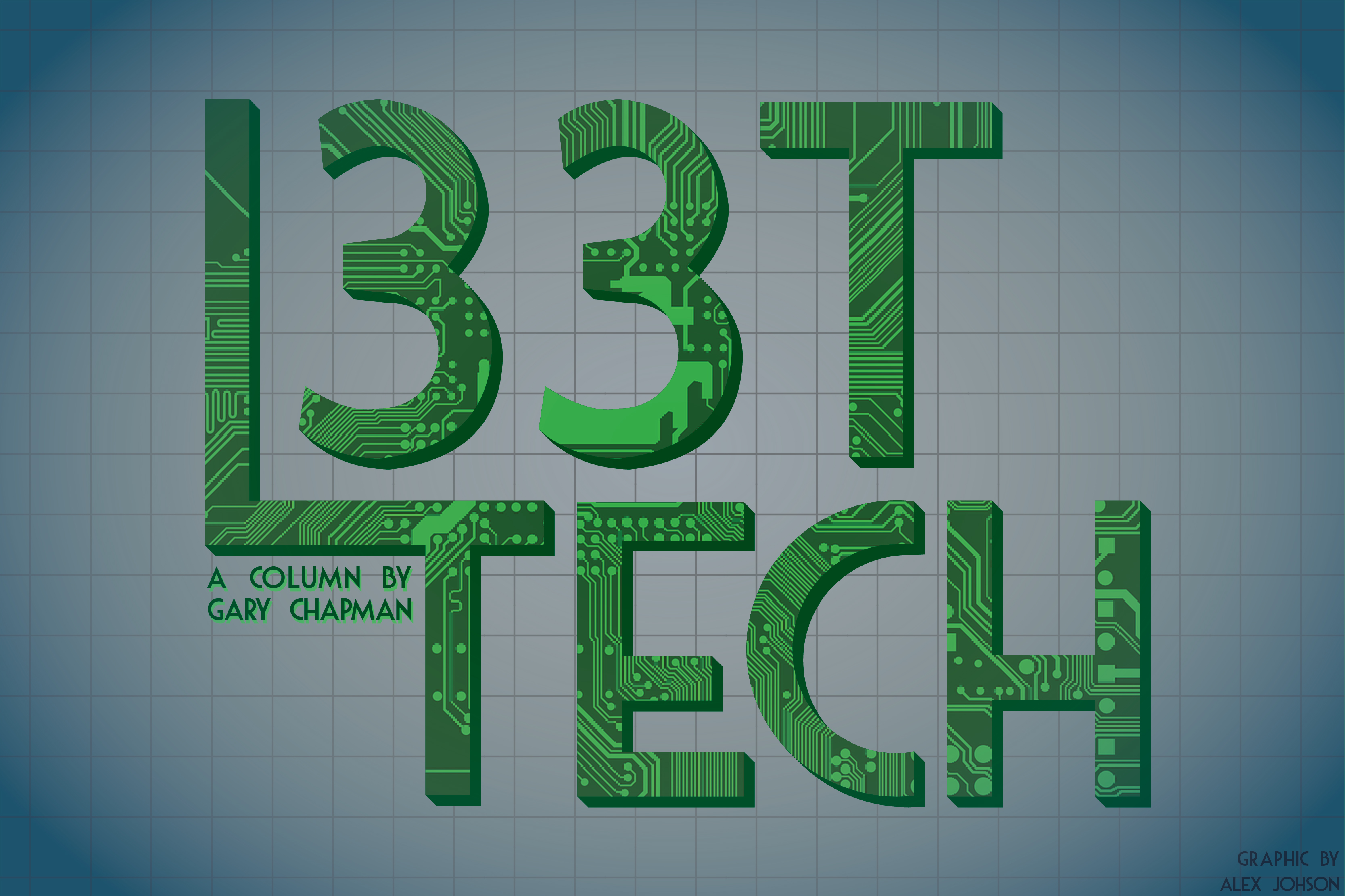by Gary Chapman
gchapman@lc.edu
On Sept. 18, a press release from the U.S Department of Commerce was released stating TikTok and WeChat were to be banned in the U.S., and not even 72 hours later, everything is pretty much back to normal. What happened?
The press release by Wilbur Ross declared that the apps were to be banned due to security concerns, as they allegedly released data to Mainland China. The apps were to be removed and disabled on app stores on Sept. 20.
Ross stated, “Today’s actions prove once again that President Trump will do everything in his power to guarantee our national security and protect Americans from the threats of the Chinese Communist Party [and] at the President’s direction, we have taken significant action to combat China’s malicious collection of American citizens’ personal data while promoting our national values, democratic rules-based norms, and aggressive enforcement of U.S. laws and regulations.”
WeChat was due to be banned on Sept. 20 and TikTok was to be banned on Nov. 20. The bans were directed at Bytedance and Tencent, which allegedly had connections with the Chinese government.
The actions against TikTok were revoked on Sept. 19, due to the development of Oracle buying a stake in TikTok, creating a company called TikTok Global. The company will be owned by Bytedance, Oracle and, strangely enough, Walmart.
WeChat, however, was saved by a federal judge. U.S. District Court Judge Laurel Beeler gave an injunction on Sept. 20 after a lawsuit claimed that the ban would violate the plaintiffs’ First Amendment rights. The reasoning is the fact that WeChat is how a lot of Chinese-Americans communicate with their families from Mainland China.
Beeler said in her decision that, “Certainly the government’s overarching national-security interest is significant. But on this record — while the government has established that China’s activities raise significant national security concerns — it has put in scant little evidence that its effective ban of WeChat for all U.S. users addresses those concerns,” and, “as the plaintiffs point out, there are obvious alternatives to a complete ban, such as barring WeChat from government devices, as Australia has done, or taking other steps to address data security.”
Well, both are practically saved, so I guess the ban was for naught, except getting TikTok partially owned by Walmart and Oracle. Some people argue the ban was partially for political reasons as TikTok’s user base is left-leaning, but we will never know.




